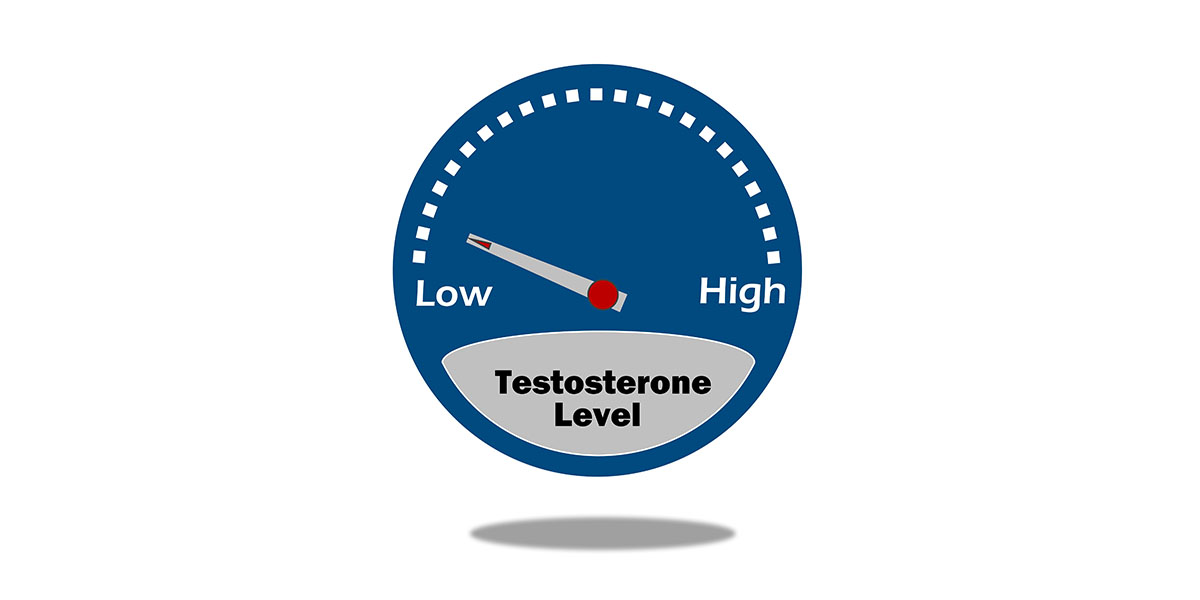Hello, I just got my lab report and my hematocrit is at 52.3%. Any recommendations on how to lower it? I donate blood every 8 weeks. My testosterone dose is 1/2 cc a week. I’m also prescribed ferrous sulfate. Any help would be greatly appreciated. I’m also wondering if not drinking a lot of water prior would have helped.
Thank you for your thoughts
How long have you been on therapy and where did your baseline hematocrit sit before jumping on T?
As long as one has no underlying health conditions (OSA, COPD, smoker) which could predispose to or exacerbate the rise in hematocrit making it harder to control let alone is not experiencing any negative effects most in the know specializing in testosterone therapy would not fret if the patient's hematocrit falls within 50-54%.
Yes some will be more cautious and take measures once hematocrit hits 52%.
Some endos are sticklers and hesitate once your hematocrit gets over the top end and prefer to keep patients levels no higher than 50%.
If you are dehydrated then your results would be skewed.
Need to make sure your are always getting enough fluids/electrolytes throughout the week not just the day of donating.
Your dose 100 mg T once weekly means nothing without knowing where your trough TT and more importantly FT sits.
Even though 100 mg T/week is well below an absurd weekly dose keep in mind many men can still achieve stellar FT levels on such.
Driving up your FT is going to drive up the hematocrit.
For the majority running to high a trough/steady-state FT is the main culprit here when it comes to elevated hematocrit when using exogenous T.
When injecting once weekly there will be a big difference in the peak--->trough.
Your peak is going to be a lot higher than your nadir levels especially if injecting strictly IM.
The weekly high supra-physiological peaks will have an impact on spiking hematocrit as your FT post-injection (within 24 hrs) and during the first few days will be very high/high depending on the dose of T.
Some men fare better splitting the weekly dose and injecting more frequently which would clip the peak--->trough and result in more stable blood levels throughout the week.
Need to tread lightly on getting caught up on that donating too frequently merry go round which can easily backfire and crash your iron/ferritin which can open up another can of worms.
Have no clue if your doctor is already addressing low ferritin/iron due to donating too frequently or making sure you do not run into any issues long-term.
Need to keep an eye on your ferritin/iron.
If you feel well overall and are not experiencing any sides and your BP/fluid retention is in check then I would not be too concerned.
First year of being on T-therapy is critical here!
Professor Michael Zitzmann
We also know hematocrit can be increased by testosterone preparations. It depends on the preparation, and we think that there is data that shows that the threshold of 52-54% should not be surpassed, and men should be controlled for the hematocrit especially in the first year of treatment every 3 months
Hematocrit & Thromboembolic Risk
* TTh increase Hematocrit - clinically relevant at >52-54%
* Recommended: Control Hematocrit every 3 months in the 1st year
...
Professor Michael Zitzmann
We also know hematocrit can be increased by testosterone preparations. It depends on the preparation, and we think that there is data that shows that the threshold of 52-54% should not be surpassed, and men should be controlled for the hematocrit especially in the first year of treatment every 3 months
Hematocrit & Thromboembolic Risk
* TTh increase Hematocrit - clinically relevant at >52-54%
* Recommended: Control Hematocrit every 3 months in the 1st year
Introduction Androgens play a crucial role in the development and maintenance of: Male reproductive and sexual functions Body composition Erythropoiesis

www.thebloodproject.com
Introduction
- Androgens play a crucial role in the development and maintenance of:
- Male reproductive and sexual functions
- Body composition
- Erythropoiesis
- Muscle and bone health
- Cognitive function
- Testosterone falls progressively with age and a significant percentage of men over the age of 60 years have serum testosterone levels that are below the lower limits of young...
* The Endocrine Society uses a hematocrit threshold of >50% as a relative contraindication to initiating TT and >54% as an indication to discontinue treatment [1]. The European Association of Urology (EAU) guidelines on hypogonadism also state that the hematocrit should not exceed 54%, while recent Canadian guidelines cite 55% as the safe upper limit [15, 40]. The AUA guidelines on testosterone deficiency define polycythemia as a hematocrit of 52% and recommend stopping or reducing treatment if the hematocrit reaches 54% [14]












